Beijing has slammed Washington for "patching up small and exclusive circles" and urged it to let go of the "obsession with containing China", shortly after the United States hosted a Quad summit.
Leaders of Australia, India, Japan and the U.S. — the four members of Quad — gathered for the summit in the U.S. state of Delaware on Saturday and issued a joint statement.
The grouping is a tool for the U.S. to encircle China and maintain U.S. hegemony, China's Foreign Ministry spokesman Lin Jian said on Monday.
It is positioned as a primary leadership mechanism for the U.S.' "Indo-Pacific strategy", which "attempts to build consensus on containing China by hyping up 'China threat'", Lin said at a regular news conference.
"The U.S. kept saying that the summit did not target China, but China was the first topic of the summit," he said. "China is high on the summit's agenda."
China has always believed that cooperation between countries should not target any third party, let alone harm their interests, Lin said.
Harming trust
Small and exclusive circles patched up in the Asia-Pacific will not last, as they will harm mutual trust and cooperation between regional countries and run counter to the general aspiration for peace, development, cooperation and prosperity, he added.
Lin urged the U.S. to stop using regional countries as its tools. "The U.S. should deliver on its statement of not seeking to strengthen alliances against China, instead of pursuing its own selfish interests at the expense of other countries' strategic security interests and the well-being of people of the Asia-Pacific."
In response to the "serious concern" voiced by Quad leaders about the situation in the East China Sea and South China Sea, Lin said the situation has remained stable in general.
Some countries outside the regions have been trying in different ways to intervene in maritime issues around China and escalate the regional situation, but no intervention will shake China's determination to safeguard its territory, sovereignty and maritime interests and to protect regional peace and stability, Lin said.











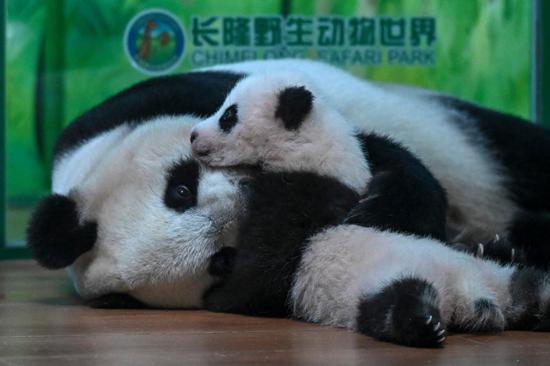
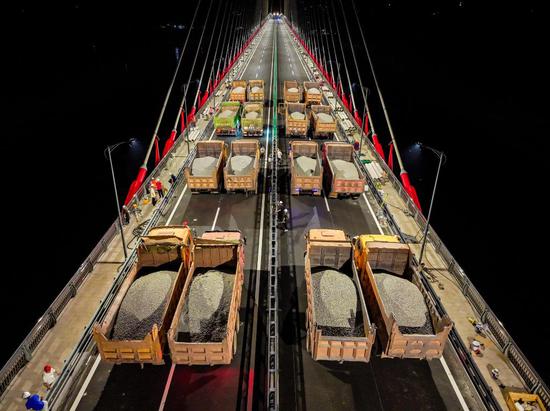
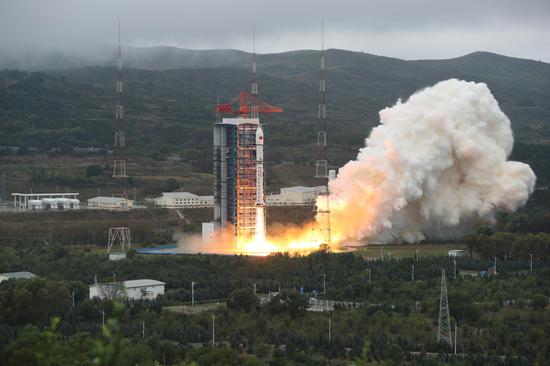








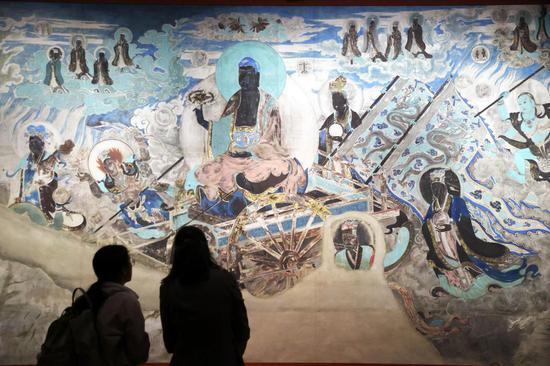
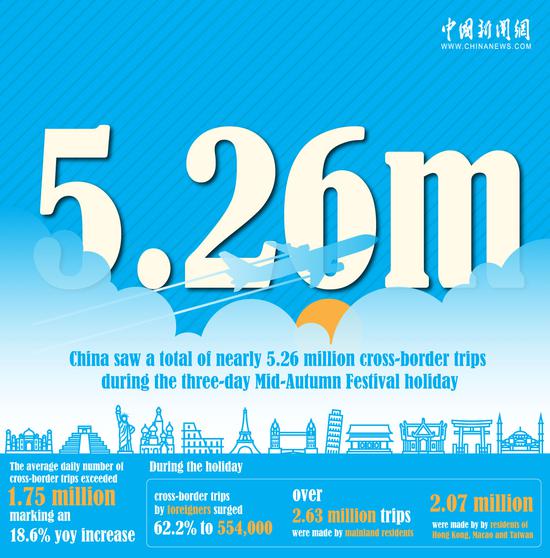
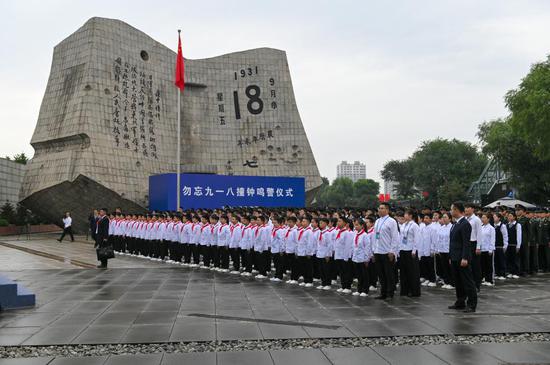

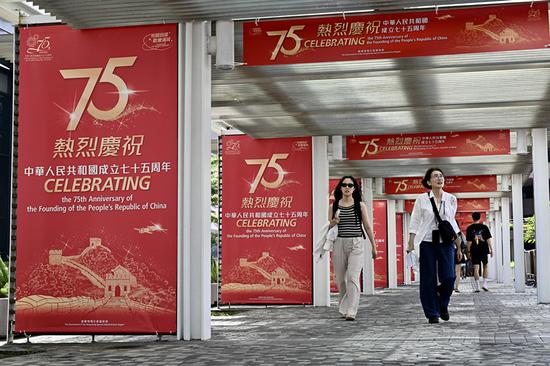
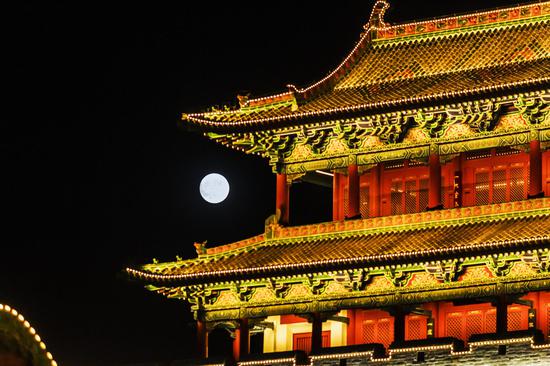
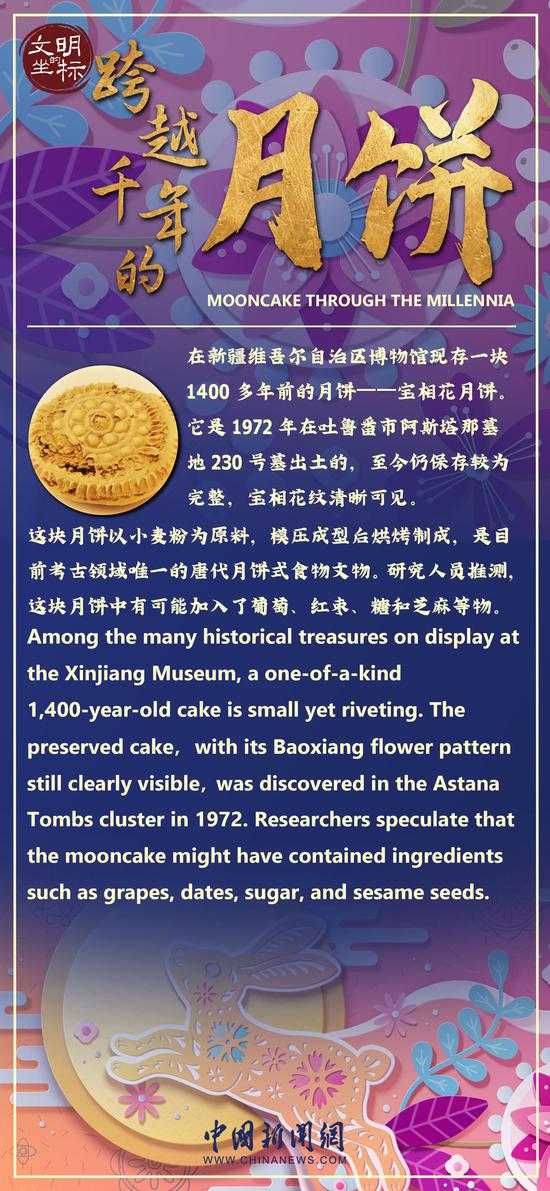
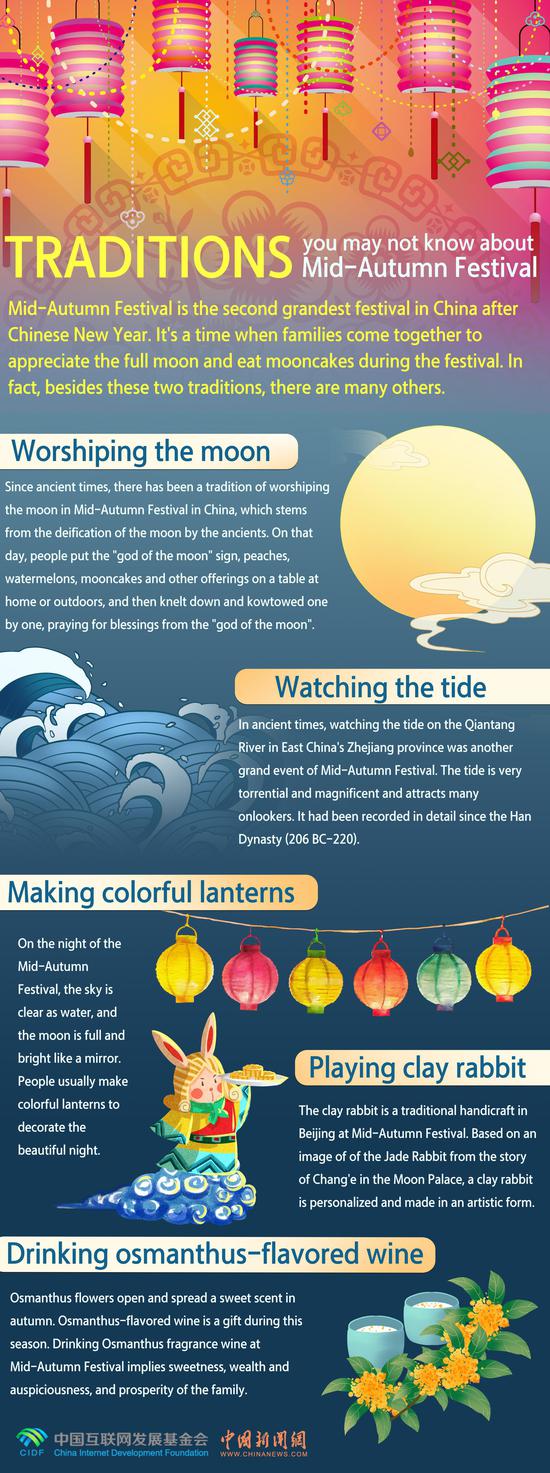

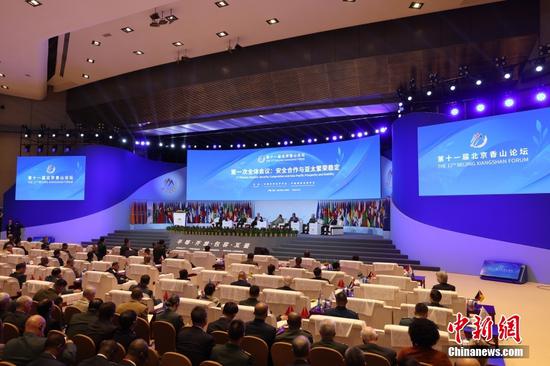

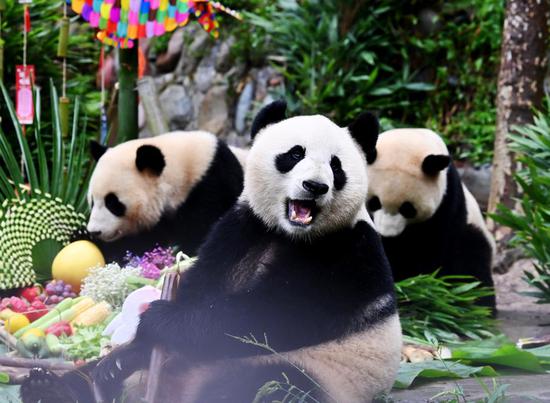


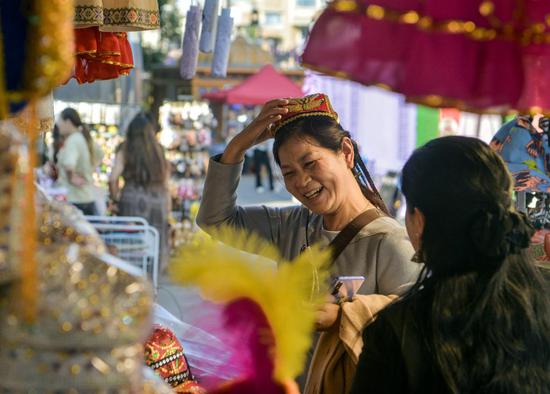
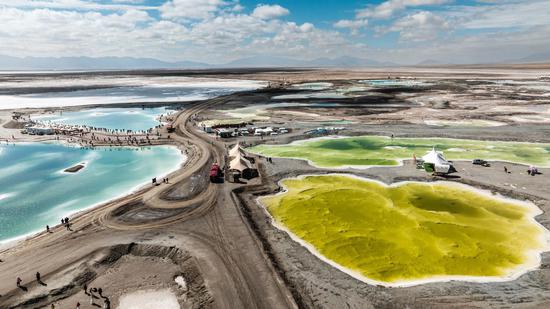
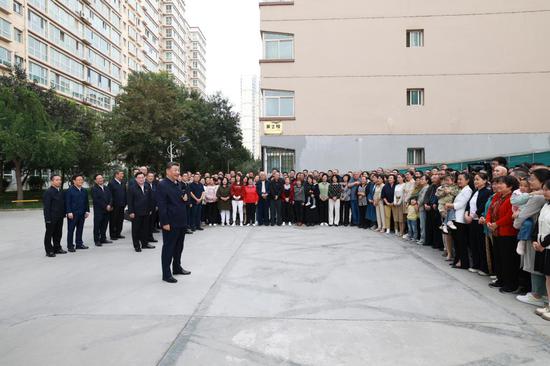

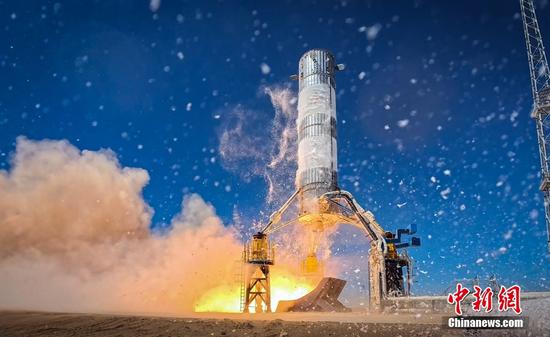





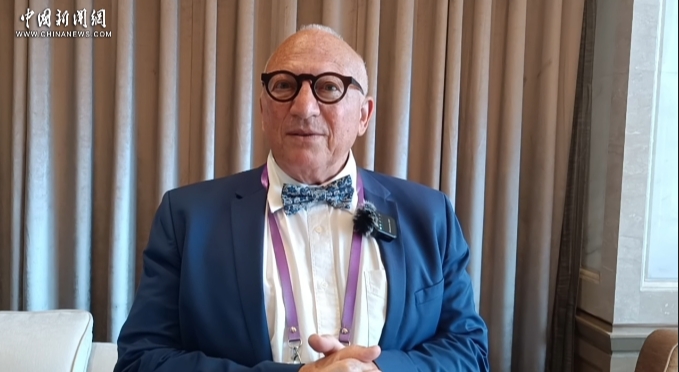



 京公网安备 11010202009201号
京公网安备 11010202009201号